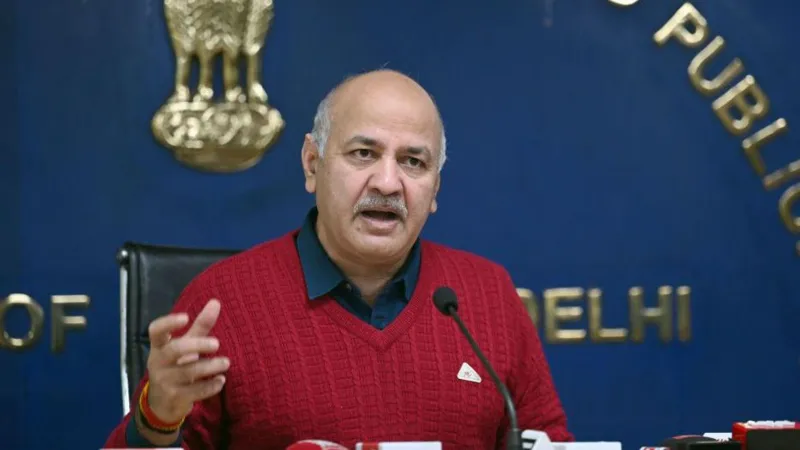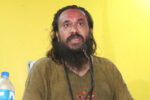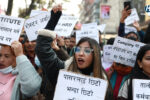DELHI: India’s Supreme Court has granted bail to a prominent opposition leader of Delhi’s governing Aam Aadmi Party (AAP) in a money laundering case.
The top court said Manish Sisodia’s prolonged incarceration had “violated his right to a speedy trial”.
Mr Sisodia has been in jail for more than 17 months in a case related to alleged irregularities in a now-scrapped liquor policy in the city.
He denies the corruption allegations and had challenged his arrest in court.
The court said the right to a quick trial was “sacrosanct” and that if the state or an agency failed to protect it “then bail cannot be opposed, saying the crime is serious”.
The judges added that since Mr Sisodia’s trial was unlikely to be completed soon, it would be a violation of his rights to keep him imprisoned indefinitely.
“Bail cannot be denied as a matter of punishment… It is high time the courts realise that bail is a rule and jail is an exception,” they said.
One of India’s most high-profile politicians, Mr Sisodia is second-in-command in the AAP.
He was arrested by India’s top investigative agency – the Central Bureau of Investigation (CBI) – on 26 February last year. He was later charged by India’s financial crimes agency – the Enforcement Directorate (ED) – in the same case.
Mr Sisodia challenged his arrest in the Supreme Court after the Delhi high court and a trial court rejected his bail plea three times.
Authorities have accused several AAP leaders, including Delhi’s Chief Minister Arvind Kejriwal, of favouring liquor barons in exchange for kickbacks. The AAP denies any wrongdoing and says the cases against its leaders are politically motivated.
Mr Kejriwal was arrested on 21 March, days after the dates for the general election in India were announced. He has called his arrest “illegal” and has refused to give up office. His party says he is running the Delhi government from prison.
Another AAP leader, Sanjay Singh, was arrested in October – the court granted him bail in April .
In recent years, other opposition parties have also accused the governing Bharatiya Janata Party (BJP) of using federal law enforcement agencies to pick on on its opponents, a charge the BJP denies.
BBC









Comment